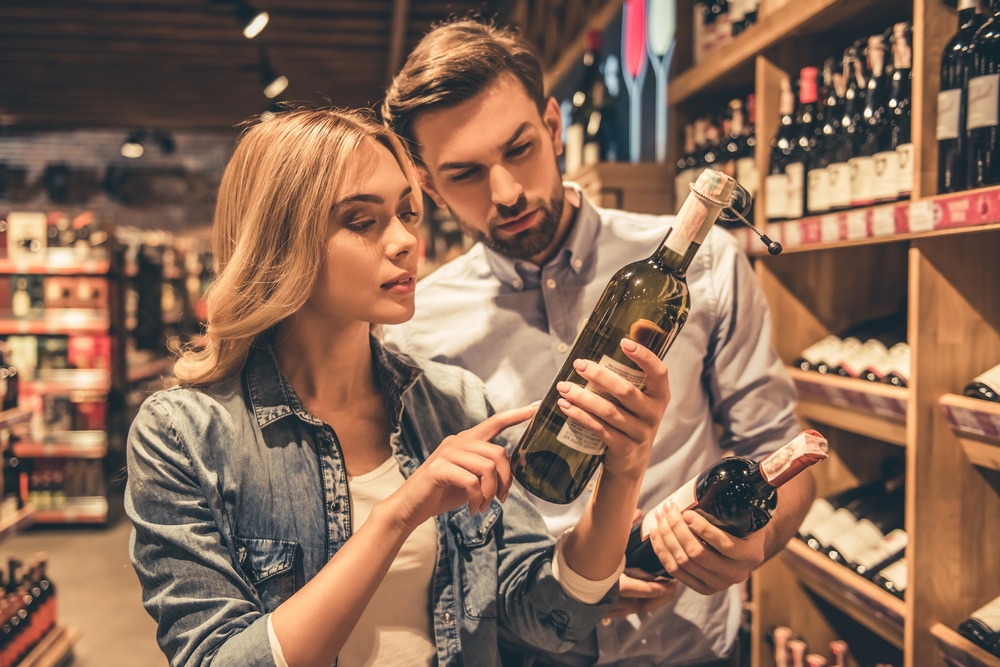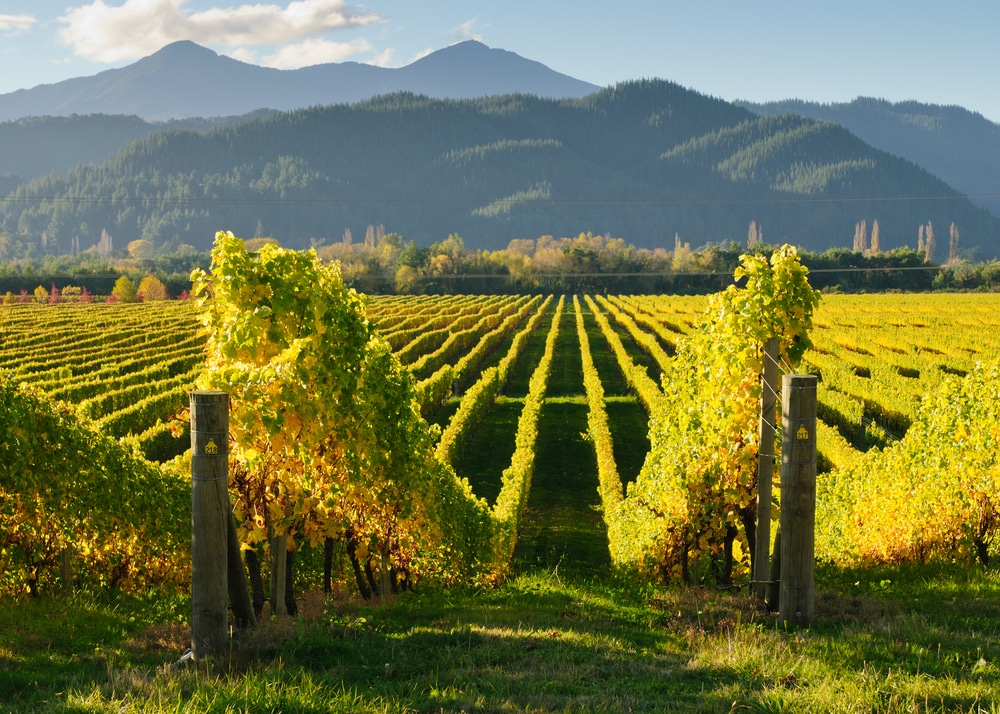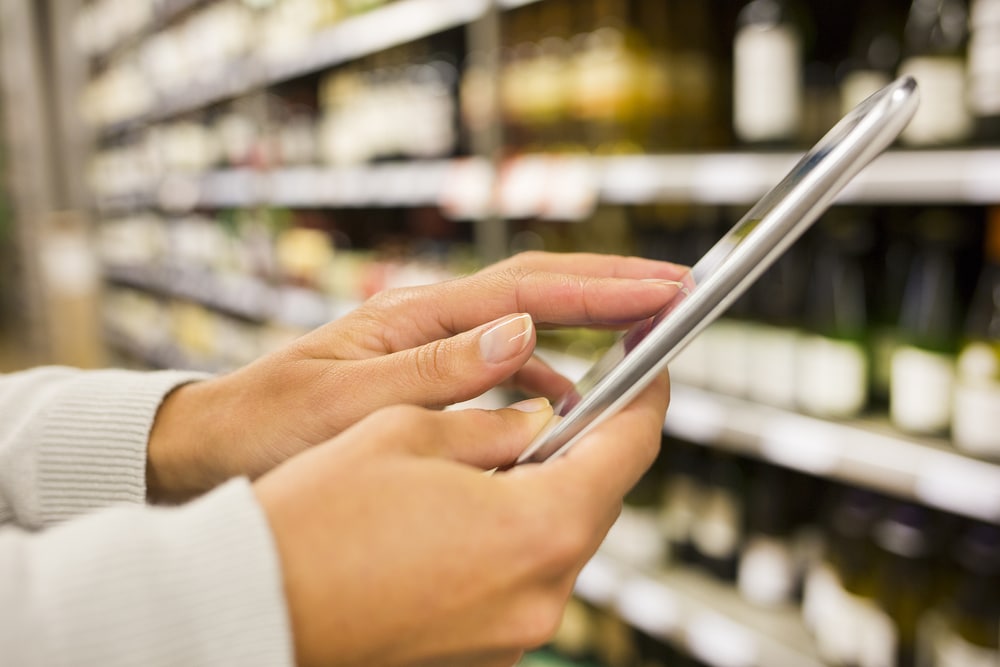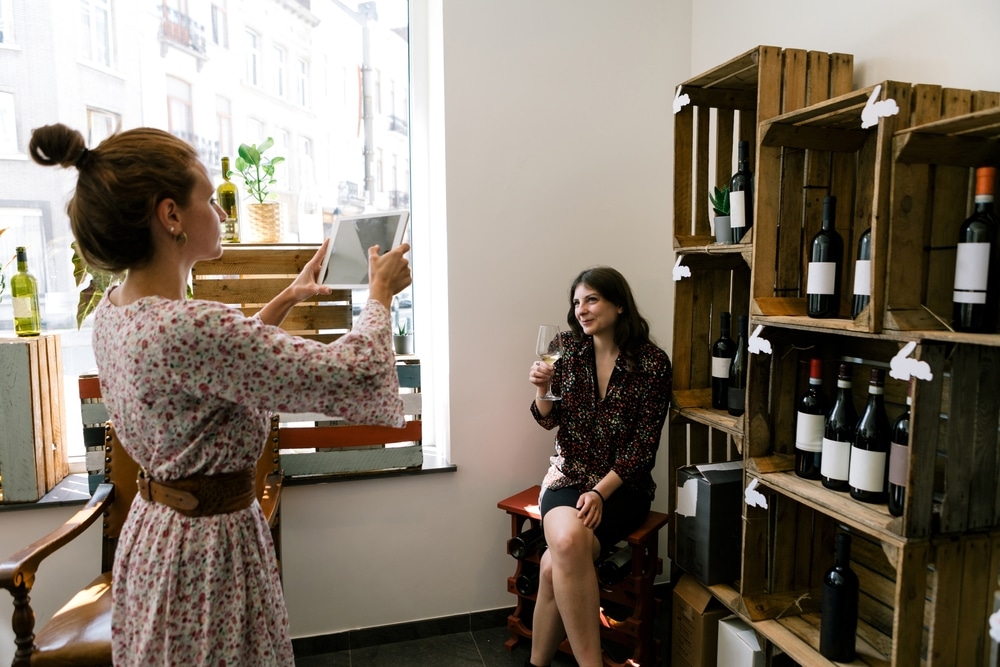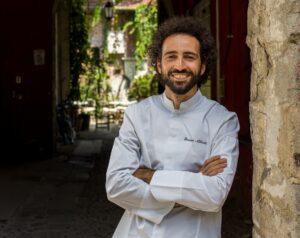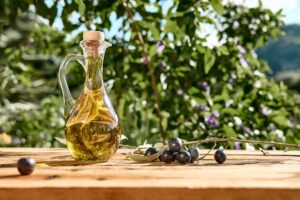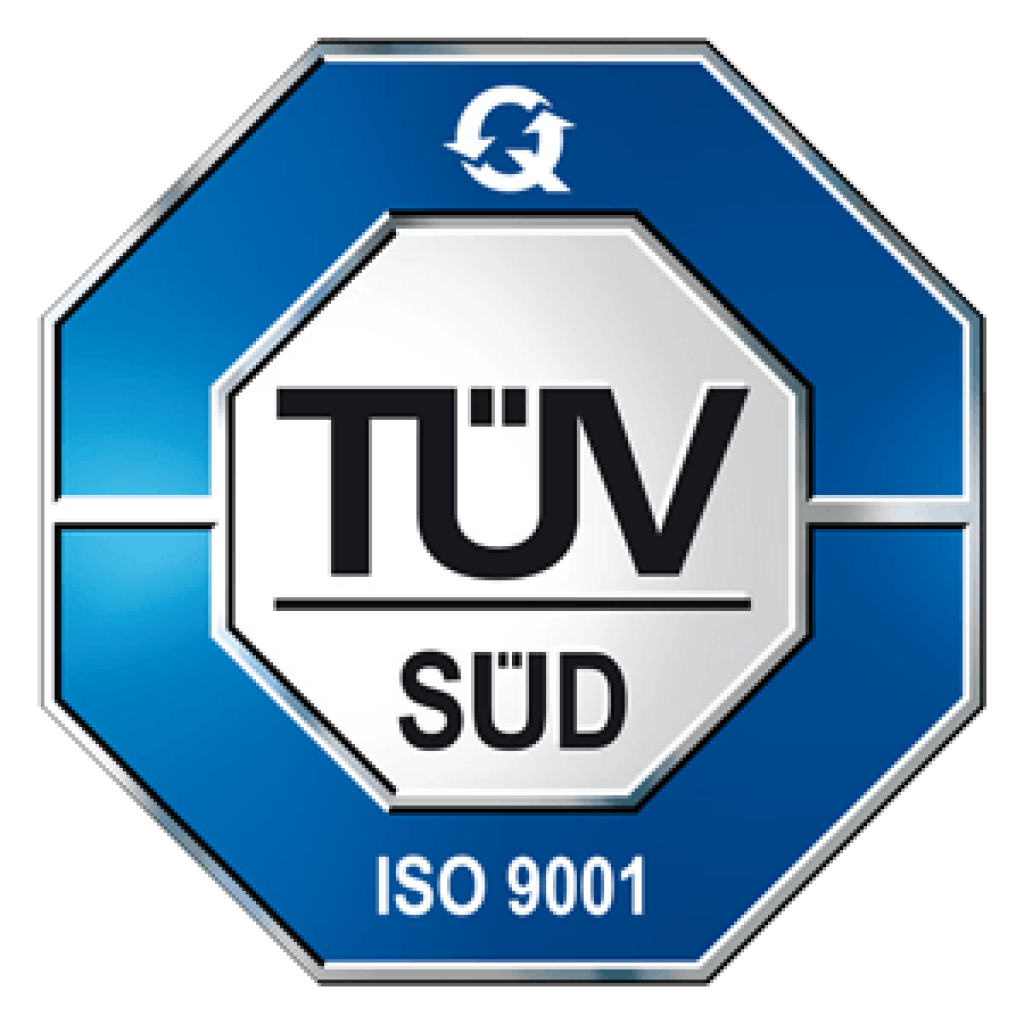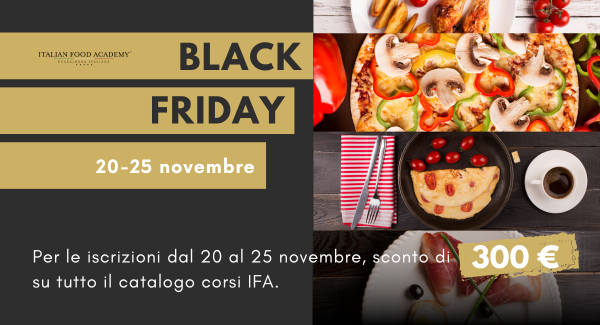Wine marketing: the current scenario
The year 2021 was a golden year for Italian wine products. In fact, our country confirmed its first place in world wine production, with 44.5 million hectoliters.
The impact on foreign markets was also significant: domestic companies exported bottles worth 7.1 billion euros, registering a 13% jump compared to 2020 (Source: Italian Wine Union Observatory). Impressive numbers, however, which should not delude us.
Competitors, in fact, are certainly not standing by.
In addition to France and Spain-which occupy, along with Italy, the export podium-countries such as:
- United States;
- Chile;
- Germany;
- Portugal;
- South Africa;
- Australia;
- New Zealand;
- Argentina.
All these producers account for as much as 87.8% of the volumes and 87.1% of the total value of wine exported worldwide.
If, to this data, we then add the appeal that wines from emerging markets (such as South Africa or New Zealand) can generate globally, the picture becomes clear: Italian wines are products of excellence appreciated all over the world, but this is not enough to ensure the perpetual and unbreakable success of Made in Italy.
Wine communication: it all starts here
No one in the world can enjoy such a wide biodiversity as that recorded in Italy: in our country there are currently about 545 varieties of wine grapes (compared to 1,300 worldwide), while 75% of the area planted with vines in Italy is home to more than 80 different grape varieties.
Consequently, it is certainly not on the product and its organoleptic characteristics that one needs to intervene.
What does Italian wine need to hold its own in the competition?
How can it maintain its leadership in an ever-changing industry?
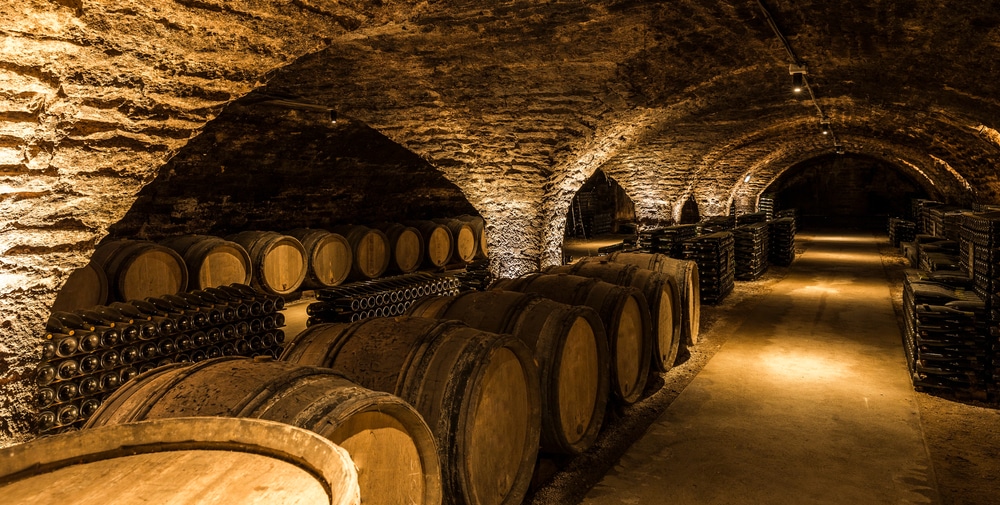
"People don't buy products and services, they buy relationships, stories and magic." (Seth Godin)
This is how U.S. writer and entrepreneur Seth Godin sums up the formula for success in the marketplace: relationships, stories and magic.
In other words: experiences, narratives and emotions. In a word, communication.
Why do people buy one wine over another?
Surely it is not just because that wine is ethereal or because its color is amber or golden yellow with greenish undertones. Always remember that the customer is not necessarily (in most cases) a sommelier. Beyond a wine's fame, the average consumer chooses a particular wine because: he or she has tasted it during an experiential journey inside a winery; because he or she has read positive reviews; he or she has had the opportunity to discover the story of its producers through an emotional video; the label conveys a message or feeling that strikes him or her deep down or brings back a memory of the past. These are just a few examples, however, which make us realize that building an image of the winery and the product that is consistent and in line with the identified target audience is now a must for any producer.
For this reason, the wine sector needs professionals who:
- Have in-depth knowledge of the world of wine;
- Are able to analyze the market and identify the target audience;
- know how to communicate wine through a customized marketing plan that operates on various channels (offline and online).
The new wine-related professions
It is from this need that the new professionals in the world of wine or, to be more precise, in the branch of the wine marketing.
These are specializations that are increasingly in demand in the industry because of the broad competition that makes marketing a sales tool that is now indispensable.
But what are these new professional figures?
1.Wine Marketing Specialist
The Wine Marketing Specialist Is a communications professional with cross-functional skills. He has in-depth knowledge of the wine market scenario as well as its segmentation and is able to develop a comprehensive marketing plan that may include, for example:
- Choice of packaging, bottle type and label;
- Choice of product distribution channels;
- Conceptualization of experiential paths for approaching wine;
- Storytelling and content marketing on online channels (social networks, blog, website);
- Development of graphic templates to make the brand recognizable.
Its goal, therefore, is to best position the company and/or product in the consumer's mind and, therefore, in the marketplace.
2.Wine blogger
The Wine blogger Is involved in writing articles related to the world of wine.
Nowadays, any company that wants to establish itself on the national or international market needs a web content expert who can tell the story of a wine business or a bottle of wine in an accurate yet poetic way.
The wine blogger must therefore possess:
- An in-depth knowledge of the world of wine;
- A strong penchant for writing;
- solid expertise in the wine marketing mechanisms.
Through the storytelling, the wine blogger therefore has the task of reaching the mind and heart of the consumer, making the company and/or product unique and unforgettable.
3. Wine tour escort
The wine tourism escort is concerned with organizing experiences that are able to bring people closer to the world of wine.
In order to fulfill this role, the wine tourism escort must:
- Have an in-depth knowledge of the wine industry;
- Knowing how to communicate wine culture;
- Knowing how to convey the values and uniqueness of the winery and/or wine you intend to sell;
- Know how to relate to wine tourists and establish an emotional connection with them.
Its task is not simply to describe the characteristics of a winery or product. In contrast, thewine tourism escort must be able to touch the consumer's most intimate chords, conveying him or her into that "funnel" (channel) that will lead from the tasting experience to purchase.
Work in wine marketing: here's how to do it
The Wine Marketing Specialist, the Wine blogger and the wine tour guide hold very different roles and responsibilities.
They are, however, figures united by two main elements:
- knowledge of the field;
- knowledge of wine marketing.
For this reason, the first step in delving into this area so rich in opportunities is to start a training course that allows us to learn more about the dynamics of the industry and develop marketing tools.
Italian Food Academy's Master's in Wine Marketing
To meet the growing demand for these professionals, Italian Food Academy structured an ad hoc training course.
In particular, the Master of IFA Transfers knowledge and skills regarding:
- The wine market (production, trade, regulations);
- Wine consumer behaviors and market segmentation;
- New consumer trends;
- Wine tourism;
- Wine marketing and its application;
- Factors related to the price of wine;
- How to communicate wine (online and offline).
To seize professional opportunities in the wine industry, visit the pages of Italian Food Academy dedicated to this training course:

